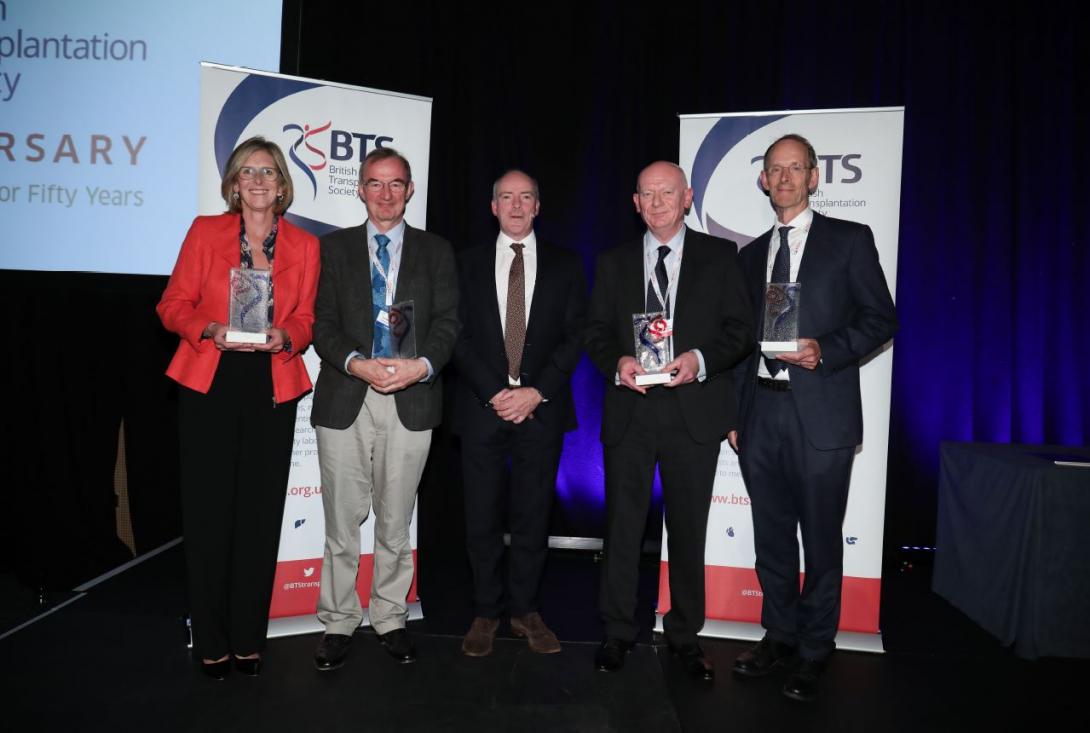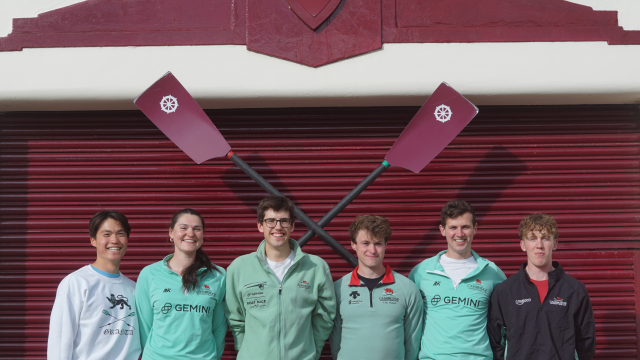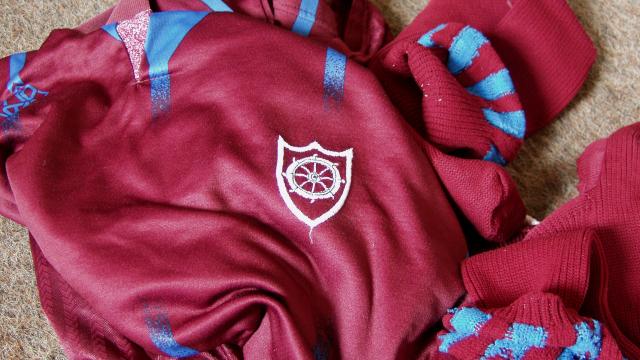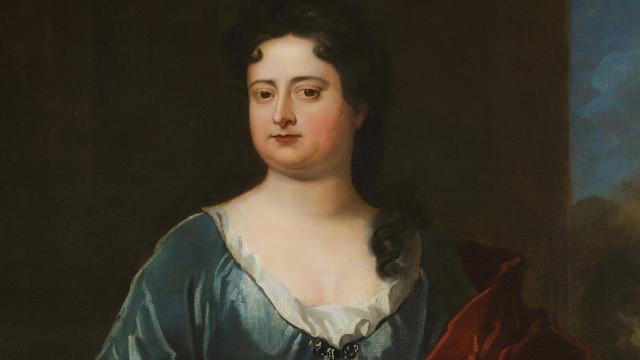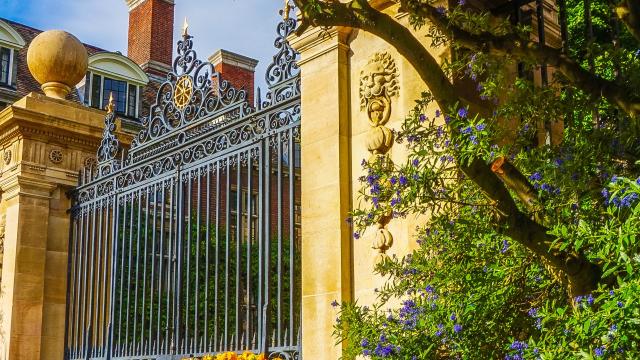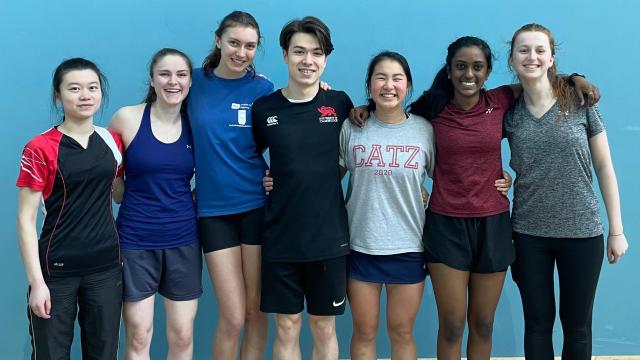
St Catharine’s is delighted that one of our Fellows has been recognised for their outstanding achievements in the field of clinical transplantation. Professor Michael Nicholson (2018) was awarded one of the British Transplantation Society’s 50th Anniversary Lifetime Achievement Awards as the outstanding international transplant surgical innovator of his generation. The award was officially announced during the Society’s annual conference last month.
Professor Nicholson commented, “It is humbling to receive this award. I have been a member of the British Transplantation Society for 35 years, first joining as a clinical research fellow in 1987. While transplantation science has moved on in leaps and bounds in that time, nobody is resting on their laurels. As approximately 6,700 people are waiting for a transplant in the UK alone, continued innovation is the only way to ensure that patients can be treated when they need it. I am therefore extraordinarily grateful that my contributions to advancing transplantation have been recognised by my peers at the Society.”
Professor Nicholson was trained by Professors Sir Peter Bell in Leicester and Sir Peter Morris in Oxford, and appointed Consultant Vascular and Transplant surgeon in Leicester in 1992. Latterly he moved to Cambridge, where he is the Professor of Transplant Surgery and the Director of the NIHR Blood and Transplant Research Unit in Organ Donation and Transplantation. He also holds Visiting Professorships in Europe, Asia and the USA and is the President-Elect of the Surgical Research Society.
Originally appointed Professor of Transplant Surgery at the University of Leicester at the age of only 37, Professor Nicholson’s ambition and drive have never dimmed. In the 1990s not only did he pioneer the use of donation after circulatory death (DCD) kidneys transplantation, but also then revolutionised live kidney donation by bringing laparoscopic nephrectomy to the United Kingdom from the USA. He has now performed over 700 cases. The laparoscopic technique changed the donor experience completely and almost overnight transformed the landscape of transplantation. These dramatic leaps ultimately led to the predominance of DCD and live kidney donation which have benefited thousands of patients and saved the NHS hundreds of millions in dialysis costs.
His research output is considerable and in the last 5 years alone he has published 66 “high impact” papers (career total 380; H index 65). He has also supervised 39 awarded PhDs and raised more than £20 million in academic grants.
Not satisfied with these landmark developments, he then performed the first-in-human kidney transplant after warm blood perfusion in 2011. In 2017 he implanted the first grafts using declined kidneys deemed unfit for transplantation but resuscitated by warm perfusion, marking a new era in transplant research and sparking a wave of further studies in other transplant areas on assessing and reconditioning organs for transplantation.
This summer Professor Nicholson led a team at the University of Cambridge who announced they had successfully altered the blood type of three deceased donor kidneys in a ground-breaking discovery that could have major implications for kidney patients. The project, which is funded by charity Kidney Research UK, could increase the supply of kidneys available for transplant, particularly within ethnic minority groups who are less likely to be a match for the majority of donated kidneys.
He has also introduced and directed new courses in renal transplantation, laparoscopic nephrectomy and vascular anastomosis. In public policy, as an ambassador for Kidney Research UK, he highlighted the organ donor shortage at meetings in the House of Lords (2014–15) resulting in an “early day motion”.
